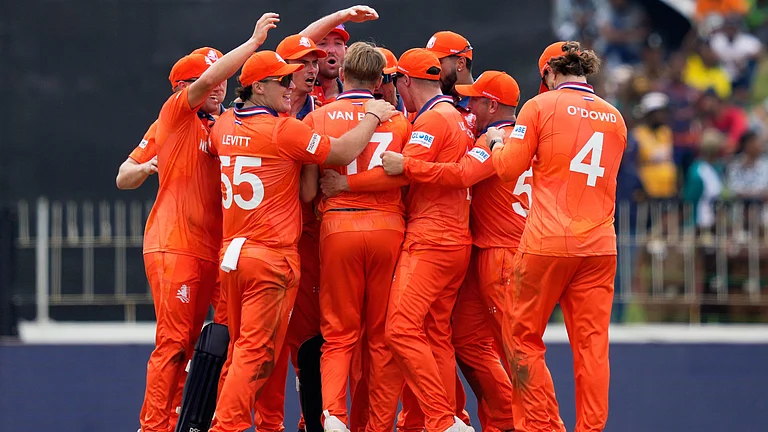The precedent that the plaintiffs are relying upon is the Pinochet case in Britain three years ago. Pinochet was not eventually extradited to face trial in Spain, but Modi may not be so lucky. To begin with, since he is not in Britain now he will not be compelled to face a trial where the issue of his culpability can be decided once and for all. The effect of registering the case will essentially be to punish him without his having faced any trial by preventing him from travelling to any country from where he can be extradited to Britain.
The issue here is not Modi but the setting of a disastrous precedent. What is done to him can be done to any leader from any country. It can be done by governments of industrially-dominant nations to members of the governments of the dependent nations. But if this practice takes hold, it will inevitably be done in retaliation by individuals and human right groups in the dependent nations to the leaders of the dominant nations. For instance, groups and even governments in the Arab countries would have a good case for indicting not only Ariel Sharon for genocide but also George W. Bush for having abetted Israel’s drive into Palestine.
The end product of prosecution and retaliation against individual members of governments, present and past, will be to drastically reduce the scope for the conduct of international relations through negotiation and increase the resort to coercion. A mounting use of coercion cannot fail to lead eventually to war. Given the monopoly of military and technological power that the West enjoys today, this war will inevitably take the form of terrorism. The response to increased terrorism will be higher barriers to free movement across national boundaries and increased surveillance of the people of the dependent states to spot and destroy potential terrorist threats to the dominant countries. The world that will emerge will be pervaded with fear, prejudice and hatred. One has only to examine the change that has taken place in the US after September 11 to see how far down that road we have already travelled. Is this really the kind of world we want to leave to our children?
Unfortunately, the movement towards such a world has already gathered momentum. It began with the constitution of the US-sponsored and largely US- and UK-staffed International Criminal Tribunal for Yugoslavia (ICTY). Its activities climaxed with the indictment, and incarceration pending trial, of Slobodan Milosevic, former Yugoslav president. He’s been indicted for war crimes in Kosovo, and specifically for presiding over the ethnic-cleansing of Kosovar Albanians. He has refused to defend himself, on the grounds that he does not recognise the right of the ICTY to try him. But were he to do so, the figures that the UN and the ICTY have themselves given at various times for the number of persons killed in this operation show just how difficult it would be to convict him. A few days after the bombing of Kosovo began, the NATO spokesman claimed that 1,00,000 Albanian males had disappeared and may have been exterminated. After the war, Bernard Kouchner, the UN’s representative in Kosovo, judged that about 11,000 Kosovars had been liquidated. However, at the end of 1999, when more than 300 alleged extermination sites had been examined by UN-appointed forensic teams from 15 nations, Carla da Ponte, the ICTY’s spokesperson, announced that 2,106 bodies or parts thereof had been recovered.
There is a world of difference between 1,00,000 or even 11,000 victims and 2,106 (some 400 more bodies were found later in Serbia proper). It’s difficult to imagine how 1,00,000 persons can be killed at random solely by over-zealous or sadistic local commanders. Killing on such a large scale has to be organised and it is a valid presumption that the state has to be involved in organising it. But it is entirely possible for local commanders to have killed 2,106 or even 2,500 persons on the grounds that they were members of the Kosovo Liberation Army, or simply out of brute sadism, without the head of state being aware of it. Given the smallness of numbers killed and the fact that in many of the cases there was no evidence of execution, could Milosevic really be found guilty beyond reasonable doubt? But if not, in the present human rights-charged atmosphere, can the ICTY do anything but find him guilty?
This is the nub of the problem. Any international human rights court would have to set new standards for the determination of guilt and innocence—standards far more lax than those used in domestic law. These would inevitably invite the charge of being politically determined. That would, in the perception of the dependent nations, turn any international criminal court into another instrument of attack on their national identity and open the way to a world dominated by terror.























